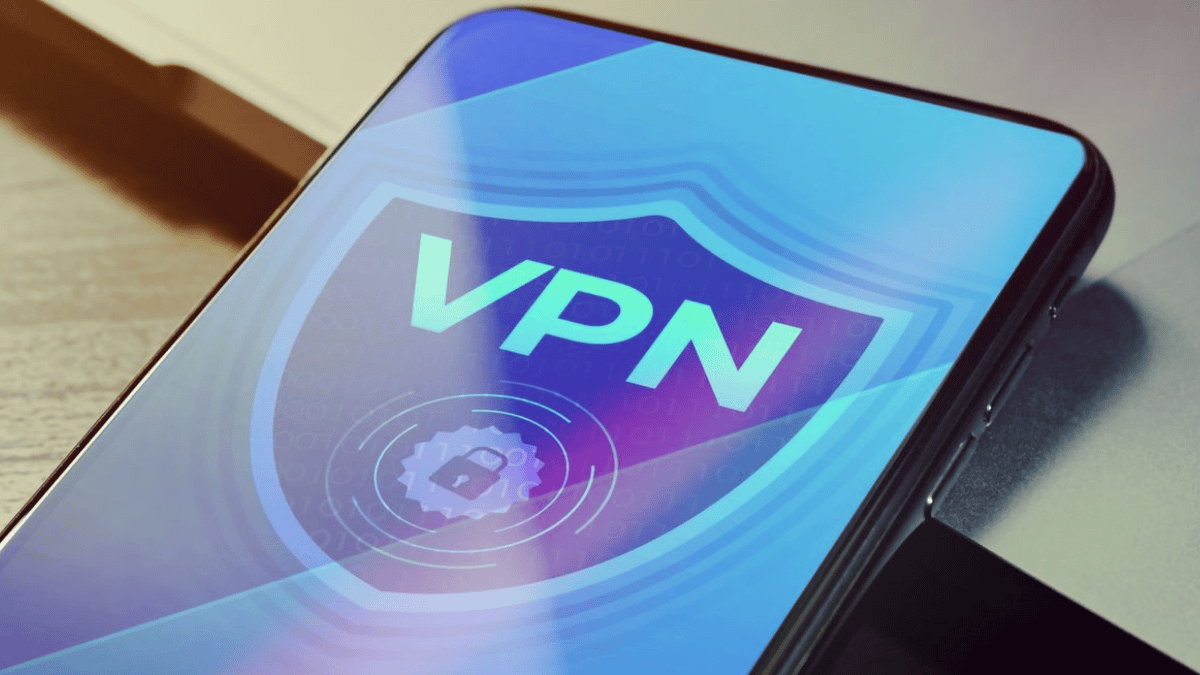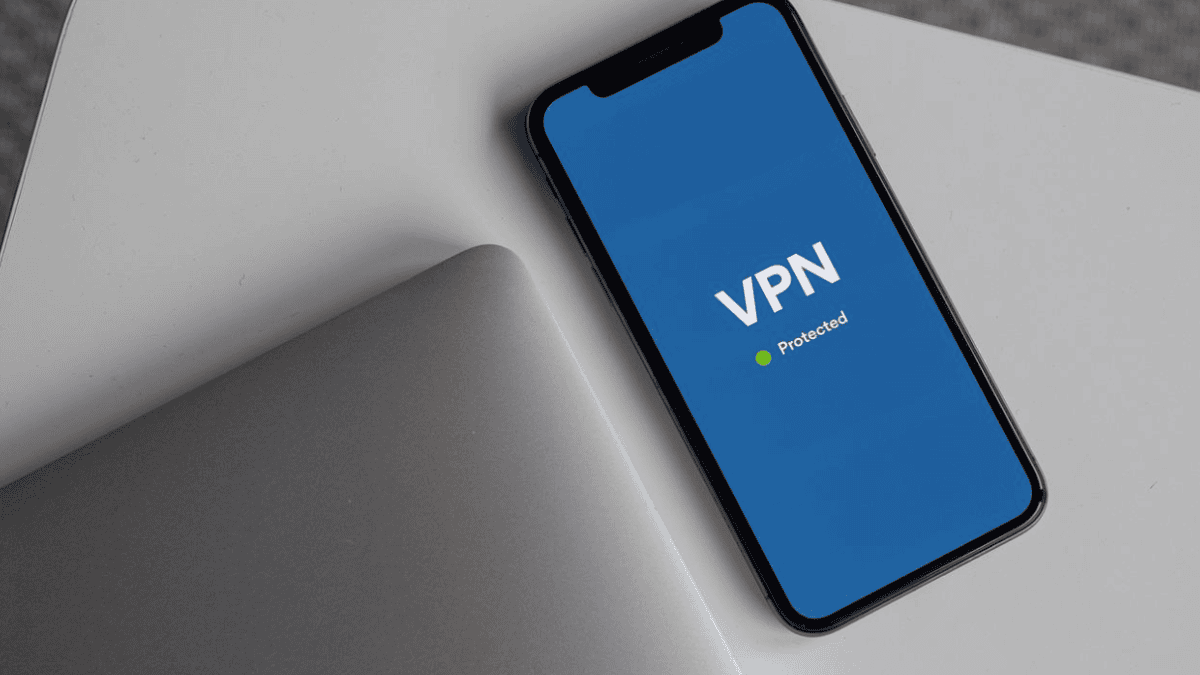A Virtual Private Network (VPN) is a technology that creates a secure and encrypted connection over a less secure network, such as the Internet. For small and medium enterprises (SMEs), a VPN allows employees to access the company's network remotely while ensuring that sensitive data remains protected from unauthorized access. Additionally, as businesses grow and expand their operations, cloud migration can provide the scalability needed, and a VPN ensures that data transferred to the cloud remains secure throughout the process.
VPNs work by routing the user's internet connection through a private server, masking their IP address and encrypting the data transmitted. This process enhances security and privacy, making it difficult for hackers or third parties to intercept information.
Is VPN Worth It?
Yes. A VPN (Virtual Private Network) is definitely worth it for enhancing online privacy and security. It encrypts your internet connection, protecting your data from hackers, especially on public Wi-Fi networks. VPNs also allow you to access geo-restricted content and maintain anonymity by masking your IP address. Whether you’re concerned about privacy or accessing global content, a VPN can offer peace of mind and flexibility online. However, it's important to choose a reliable VPN provider to ensure your data is properly secured.
How VPNs Work for Small and Medium Enterprises
VPNs function by establishing a secure tunnel between the user's device and the company's network. This tunnel encrypts data, ensuring that any information sent or received remains confidential. The following table outlines the key components of how VPNs operate for SMEs:
| Component | Description |
| Encryption | Data is encoded to prevent unauthorized access during transmission. |
| Tunneling | A secure connection is created between the user's device and the network. |
| Authentication | Users must verify their identity before accessing the network. |
| IP Masking | The user's real IP address is hidden, enhancing privacy and security. |
Utilizing a VPN, SMEs can provide their employees with secure remote access to company resources, enabling them to work from various locations without compromising data security. This capability is particularly beneficial in today's increasingly mobile work environment, where flexibility and security are paramount.
3 Benefits of VPN for SMEs
Utilizing a Virtual Private Network (VPN) can provide numerous advantages for small and medium enterprises (SMEs). This section outlines the key benefits that make VPNs a valuable asset for businesses.
Enhanced Security and Privacy
One of the primary benefits of a VPN is the enhanced security it offers. By encrypting internet traffic, a VPN protects sensitive data from potential cyber threats. This is particularly important for SMEs that may not have extensive IT resources to combat security breaches.
Remote Access and Flexibility
VPNs provide employees with the ability to access company resources from anywhere, promoting flexibility and remote work. This is especially beneficial for SMEs with a distributed workforce or those that allow employees to work from home.
Cost-Effectiveness
Implementing a VPN can be a cost-effective solution for SMEs. By reducing the need for expensive dedicated lines and enhancing security measures, businesses can save money in the long run.
The benefits of using a VPN for SMEs are significant, particularly in terms of security, flexibility, and cost savings. These advantages make it a compelling option for businesses considering whether a VPN is worth it.
Considerations for SMEs
Evaluating whether a VPN is worth it, small and medium enterprises (SMEs) must consider several factors that can impact their decision. These include scalability and compatibility, regulatory compliance, and user experience and support.

Scalability and Compatibility
Scalability is crucial for SMEs as they grow. A VPN should be able to accommodate an increasing number of users and devices without compromising performance. Compatibility with existing systems and software is also essential to ensure seamless integration.
Regulatory Compliance
Many SMEs operate in industries that require adherence to specific regulations regarding data protection and privacy. A VPN can help meet these compliance requirements by encrypting data and providing secure connections. Understanding the relevant regulations is vital for SMEs to ensure they are protected.
User Experience and Support
The user experience is a significant factor in the successful implementation of a VPN. Employees must find the VPN easy to use and reliable. Additionally, having access to support can help resolve any issues that arise during usage.
Considering these factors will help SMEs determine if investing in a VPN is worthwhile for their specific needs and circumstances.
Potential Drawbacks of VPN for SMEs
While VPNs offer numerous advantages for small and medium enterprises (SMEs), there are also potential drawbacks that should be considered. Understanding these challenges can help SMEs make informed decisions about whether a VPN is worth it for their specific needs.
Performance Issues
One of the primary concerns with VPN usage is the potential impact on network performance. When a VPN is in use, data must travel through an encrypted tunnel, which can slow down internet speeds. This can affect productivity, especially for tasks that require high bandwidth, such as video conferencing or large file transfers.
Maintenance and Management
Implementing a VPN requires ongoing maintenance and management. SMEs may need to allocate resources for monitoring the VPN's performance, updating software, and troubleshooting issues. This can be a burden for smaller teams that may already be stretched thin with other IT responsibilities.
Training and Adoption Challenges
For a VPN to be effective, employees must be trained on how to use it properly. This can pose challenges, especially for those who are not tech-savvy. Resistance to change can also hinder adoption, leading to inconsistent usage among staff. Providing adequate training and support is essential for successful implementation.
Considering these potential drawbacks, SMEs can better evaluate whether a VPN is the right solution for their business needs. Understanding the implications of performance, maintenance, and training can help in making a more informed decision regarding VPN implementation.
Implementing VPN for SMEs
Implementing a Virtual Private Network (VPN) can significantly enhance the security and efficiency of small and medium enterprises (SMEs). This section outlines the key steps involved in the implementation process, including selecting a suitable VPN provider, setting up and configuring the VPN, and training employees on its usage.

Choosing the Right VPN Provider
Selecting the appropriate VPN provider is crucial for ensuring that the needs of the SME are met. Factors to consider include security features, speed, customer support, and pricing. Below is a table summarizing key criteria to evaluate when choosing a VPN provider.
| Criteria | Description |
| Security Features | Encryption standards, no-logs policy, protocols |
| Speed | Connection speed and bandwidth limitations |
| Customer Support | Availability of support and response times |
| Pricing | Monthly or annual costs, free trial options |
| Compatibility | Support for various devices and operating systems |
Setting Up and Configuring VPN
Once a VPN provider is selected, the next step is to set up and configure the VPN. This process typically involves the following steps:
- Account Creation: Register for an account with the chosen VPN provider.
- Software Installation: Download and install the VPN software on all necessary devices.
- Configuration: Adjust settings according to the specific needs of the organization, including selecting the appropriate server locations and security protocols.
- Testing: Conduct tests to ensure that the VPN is functioning correctly and that all employees can connect without issues.
Training Employees on VPN Usage
Training employees on how to use the VPN effectively is essential for maximizing its benefits. This training should cover the following areas:
- Basic Operation: How to connect and disconnect from the VPN.
- Security Practices: Importance of using the VPN for sensitive tasks and data protection.
- Troubleshooting: Common issues and how to resolve them.
LK Tech, Your Bridge to Smarter Systems
Carefully selecting a VPN provider, properly setting up the system, and training employees can help SMEs implement a VPN that enhances their security and operational flexibility. With the right VPN, businesses can ensure secure remote access, safeguard sensitive data, and protect themselves from potential cyber threats. For companies considering this solution, partnering with reliable IT companies in Cincinnati like LK Tech can make all the difference.
Our team at LK Tech offers top-notch IT support tailored to your unique needs, ensuring smooth and secure integration of VPNs and other technology solutions. If you need expert guidance or support, contact us today to find out how we can enhance your company's IT infrastructure.


